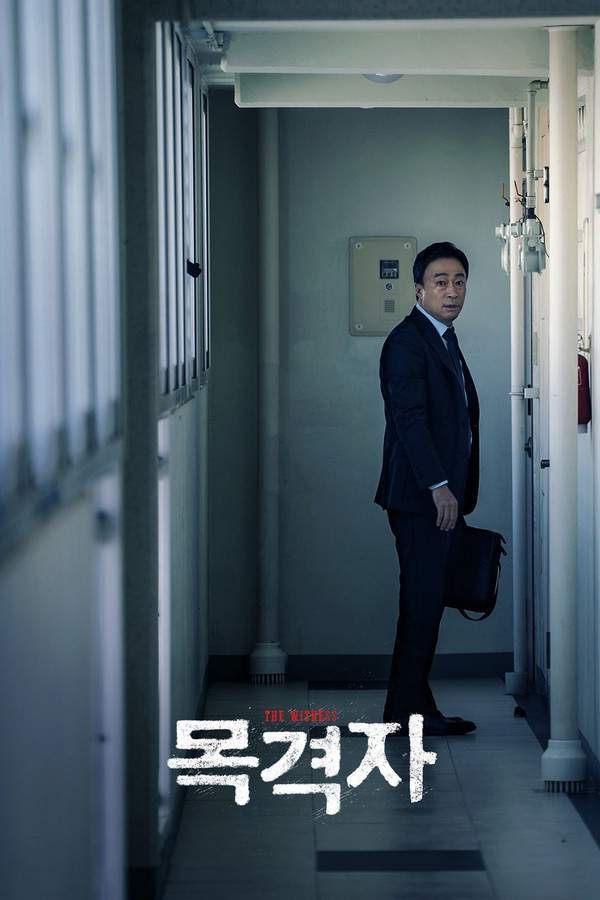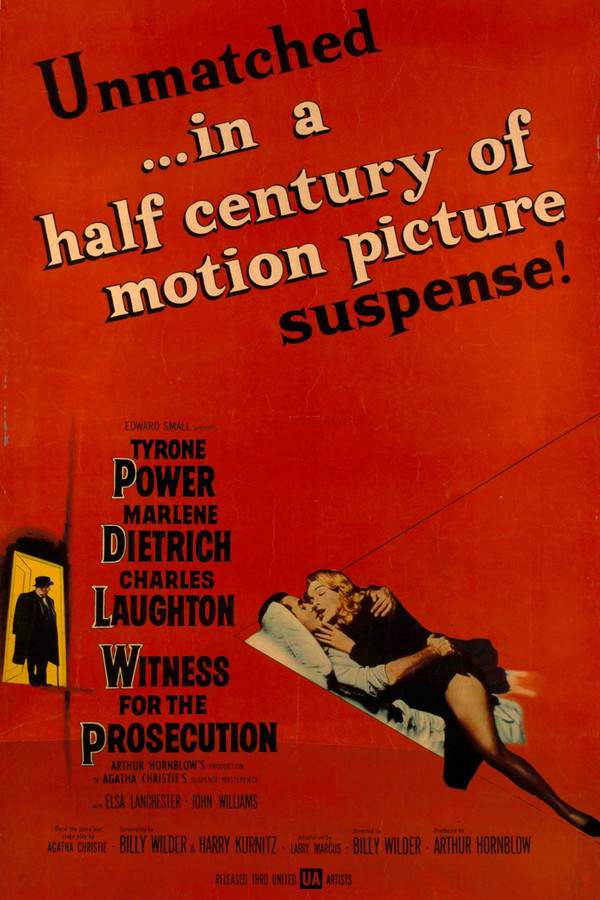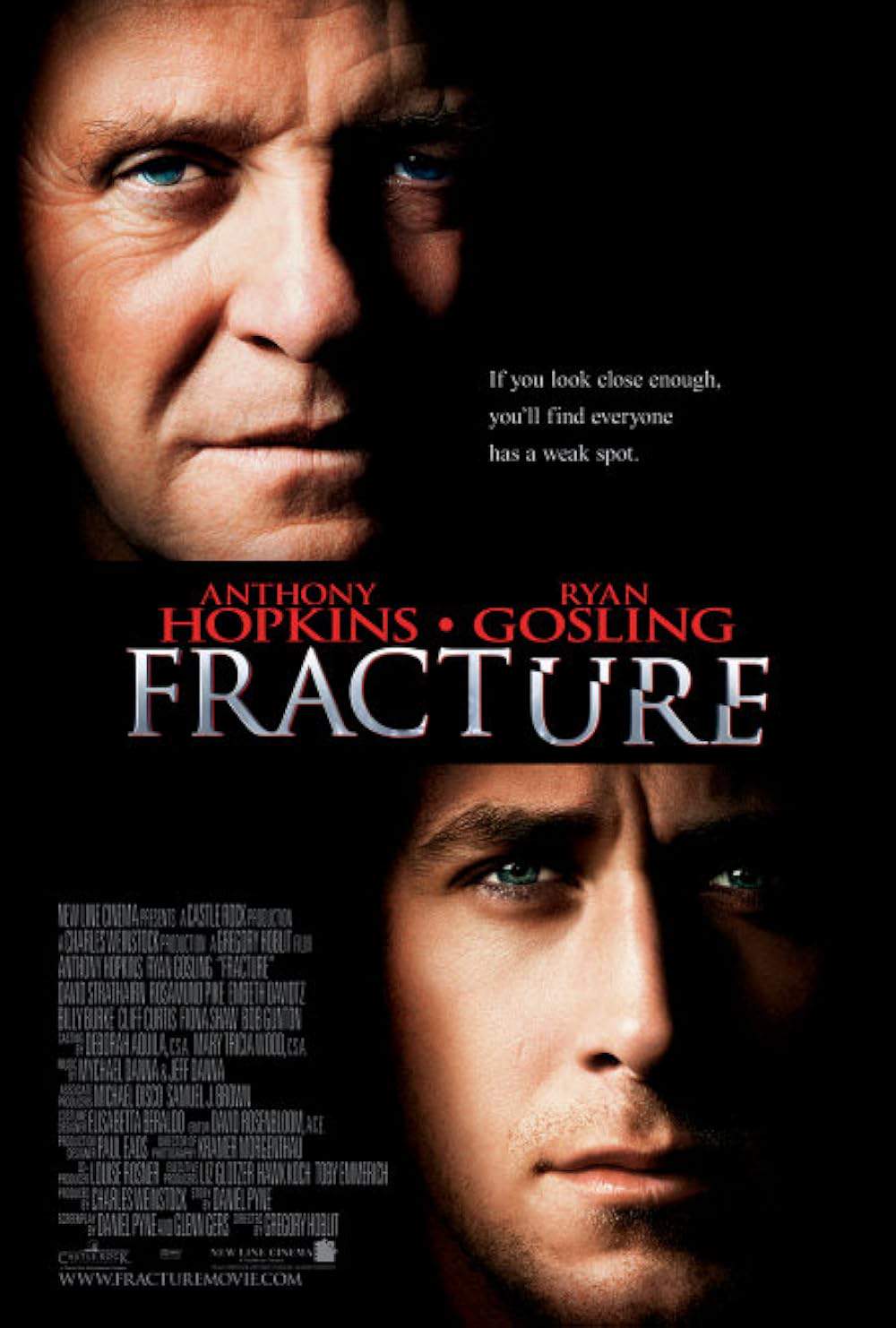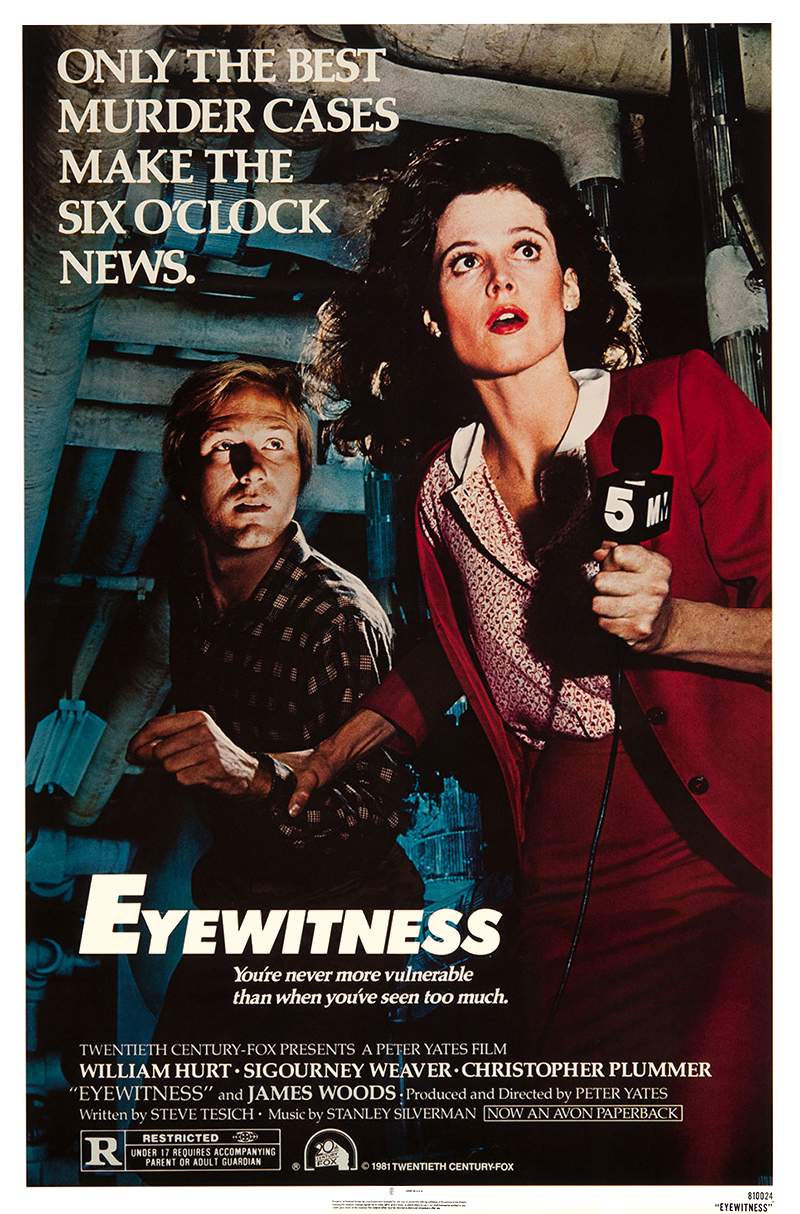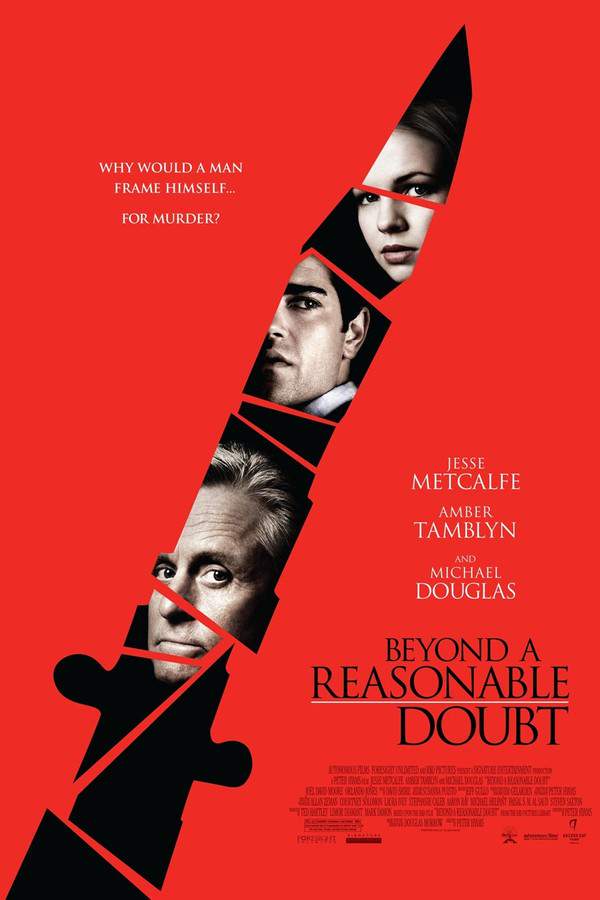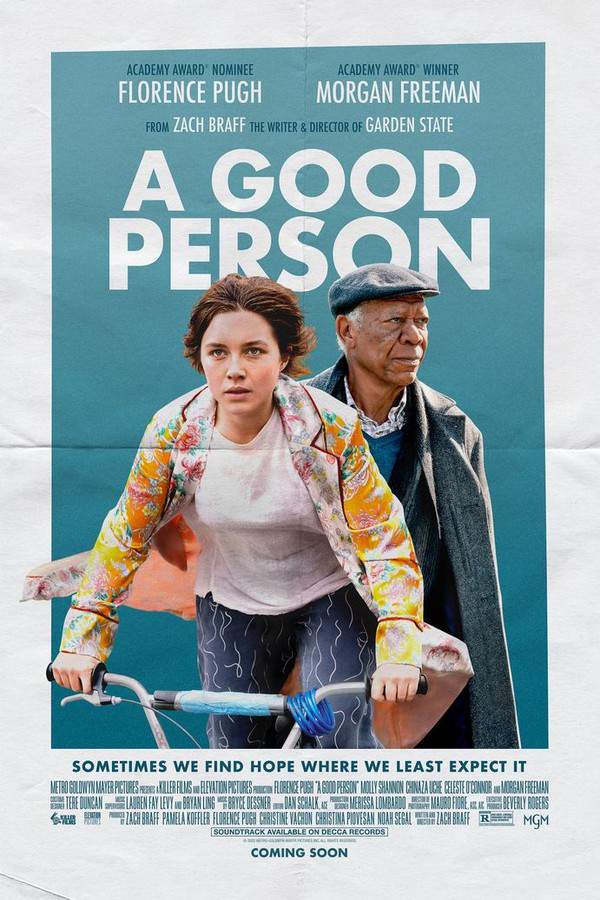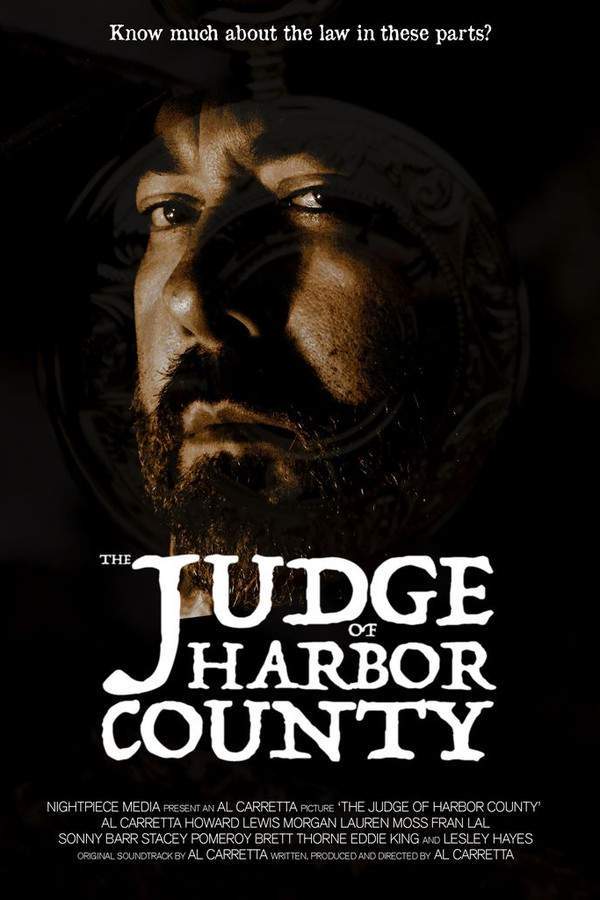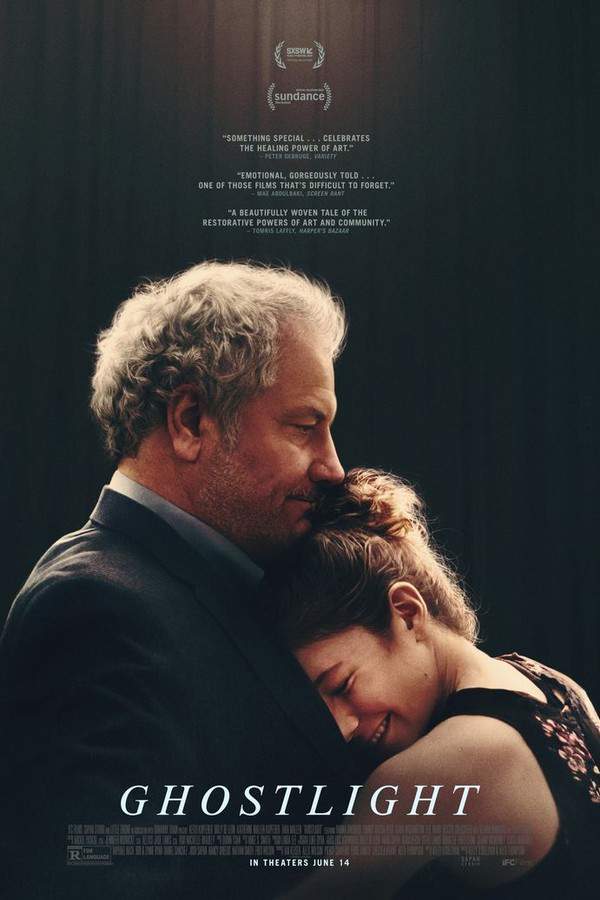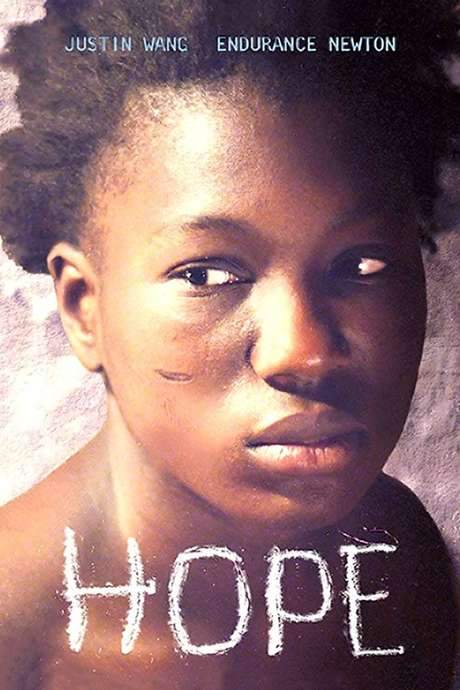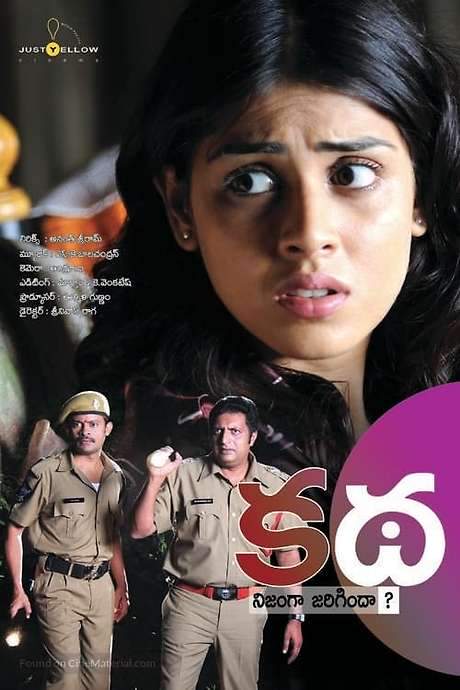
Katha
Year: 2009
Runtime: 150 mins
Language: Telugu
Director: Raga Srinivas
After her family is brutally murdered, Chitra, a solitary young woman, is confined to an asylum for a year, battling grief and isolation. When she witnesses another killing, terror grips her as she desperately clings to the hope that the horror is merely a hallucination, questioning her own sanity.
Warning: spoilers below!
Haven’t seen Katha yet? This summary contains major spoilers. Bookmark the page, watch the movie, and come back for the full breakdown. If you're ready, scroll on and relive the story!
Katha (2009) – Full Plot Summary & Ending Explained
Read the complete plot breakdown of Katha (2009), including all key story events, major twists, and the ending explained in detail. Discover what really happened—and what it all means.
Chitra Genelia D’Souza is a quiet, independent woman who travels to Araku hoping to find a teaching job. There, she crosses paths with Krishna Thrigun, an ambitious aspiring director who has come to the town to run a test shoot and to finish the script for his debut film. The two strike up an unlikely friendship as they navigate their separate dreams in a place where the everyday can feel uneasy.
The town’s uneasy calm is intensified by the presence of the Circle Inspector Prakash Raj, a man who is married with young children and who keeps a tight rein on events around him. The story also features Kanakala Rao Raghu Babu and Constable Raju Shafi, whose roles in the local police add layers to the unfolding mystery. The cast is rounded out by Tulasi Tulasi, whose part helps flesh out Araku’s close-knit, village-like atmosphere.
Chitra has carried a heavy past: she spent a year in a mental asylum after witnessing the slaughter of her own family. Despite this trauma, she remains perceptive and stubborn, and her bond with Krishna grows as they share their vulnerabilities. One day, while looking through her binoculars, Chitra witnesses a murder and sees the victim’s face clearly. She immediately informs the police, but initial investigations fail to turn up evidence, leaving her to question whether her past trauma is resurfacing as hallucination.
As the investigation deepens, the police uncover that the female victim indeed existed and possess a CD that captures the Circle Inspector with the victim in a store. The victim turns out to be the daughter of the Circle Inspector’s dead girlfriend, a revelation that exposes a disturbing, illegitimate relationship the inspector has tried to keep hidden in order to protect his reputation. The inspector’s motive becomes chillingly clear: he lured the girl to Araku to kill her, a plan that would never be acknowledged publicly.
Chitra’s eyewitness account is met with disbelief and anger from the Circle Inspector, who resents being questioned and tries to frame Chitra’s memory as a fantasy. Undeterred, Chitra and Krishna attempt to seize the disc and escape, but the inspector uses force against them. Krishna is injured as the inspector closes in, and the inspector at one point holds Krishna at gunpoint. In a decisive moment, Chitra refuses to surrender the disc, and, moved by defiance rather than fear, she slaps the inspector.
Facing exposure, the Circle Inspector chooses a final, self-destructive path: he commits suicide rather than let the truth come out. Chitra explains that she never believed the inspector would kill her and Krishna—she recognizes that he had already used a dead officer to frame the murder and silence any challenge to his control. With the crucial disc now in their hands, Chitra and Krishna bring it to the police, ensuring the truth behind the murder is documented and pursued.
The film closes on a note of cautious hope: the trauma of the past is acknowledged, the evidence is secured, and two souls who found each other in a moment of danger—Chitra and Krishna—move forward together, united by the ordeal they survived in Araku.
Last Updated: October 05, 2025 at 12:44
Explore Movie Threads
Discover curated groups of movies connected by mood, themes, and story style. Browse collections built around emotion, atmosphere, and narrative focus to easily find films that match what you feel like watching right now.
Fragile Witness stories like Katha
A vulnerable individual must expose a brutal truth against a powerful, corrupt opposition.Movies like Katha featuring vulnerable protagonists who must fight to be believed while confronting a powerful, corrupt enemy. These tense and heavy dramas center on a lone witness's perilous journey for justice against overwhelming odds.
Narrative Summary
These narratives follow a clear, high-stakes conflict: a vulnerable individual sees something they shouldn't have, putting them in the crosshairs of a formidable adversary. The plot is driven by their desperate attempts to gather proof and convince others of the truth, often while grappling with personal trauma that casts doubt on their account. The journey is a tense, methodical battle of wits against a corrupt system.
Why These Movies?
Movies are grouped here for their shared focus on the intense psychological pressure faced by an unlikely whistleblower. They share a tense, gripping tone, a steady investigative pace, and the heavy emotional weight of fighting a seemingly hopeless battle where one's own mind can be the greatest enemy.
Bittersweet justice dramas like Katha
Stories where hard-won justice cannot erase the profound scars of a harrowing ordeal.If you liked the ending of Katha, these movies also explore justice achieved at a great personal cost. They are heavy dramas where characters find resolution but are permanently marked by their traumatic experiences, resulting in a bittersweet conclusion.
Narrative Summary
The central journey involves overcoming a severe trauma, often a violent crime or profound loss. The protagonist fights for and eventually attains a measure of justice or truth. However, the narrative emphasizes that some wounds do not fully heal. The ending acknowledges the victory but focuses equally on the indelible scars and the somber reality of moving forward while carrying a heavy burden.
Why These Movies?
These films are united by their bittersweet emotional arc and heavy emotional weight. They deliver on the promise of justice but reject a purely happy ending, instead creating a powerful, realistic resonance by acknowledging that profound trauma has lasting consequences, even in victory.
Unlock the Full Story of Katha
Don't stop at just watching — explore Katha in full detail. From the complete plot summary and scene-by-scene timeline to character breakdowns, thematic analysis, and a deep dive into the ending — every page helps you truly understand what Katha is all about. Plus, discover what's next after the movie.
Katha Timeline
Track the full timeline of Katha with every major event arranged chronologically. Perfect for decoding non-linear storytelling, flashbacks, or parallel narratives with a clear scene-by-scene breakdown.

Characters, Settings & Themes in Katha
Discover the characters, locations, and core themes that shape Katha. Get insights into symbolic elements, setting significance, and deeper narrative meaning — ideal for thematic analysis and movie breakdowns.

Katha Spoiler-Free Summary
Get a quick, spoiler-free overview of Katha that covers the main plot points and key details without revealing any major twists or spoilers. Perfect for those who want to know what to expect before diving in.

More About Katha
Visit What's After the Movie to explore more about Katha: box office results, cast and crew info, production details, post-credit scenes, and external links — all in one place for movie fans and researchers.


